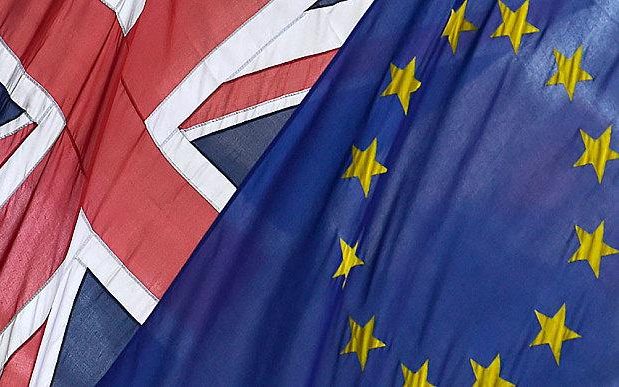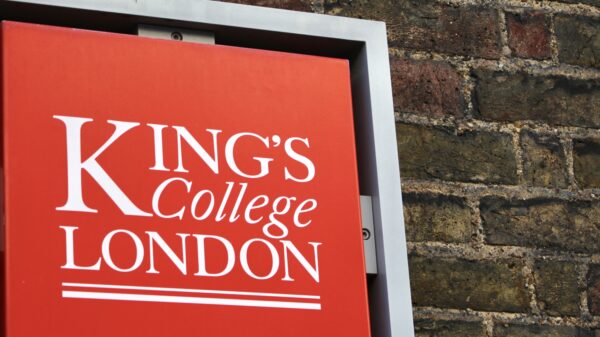
Photo credit: Toby Melville/Reuters
King’s faces the prospect of losing 30 per cent of its research funding from competitive grants, according to Times Higher Education.Â
For UK Universities, this historic vote is expected to be felt most poignantly in their pockets. Academics largely voted to stay in the European Union, with Dominic Shellard, vice-chancellor of De Montfort University, accusing the Leave campaign of harbouring “pernicious anti-intellectualismâ€.
Students voted overwhelmingly in favour of remain, with 75 per cent of 18 to 24 year-olds voting in, compared to only 40 per cent of the over 65s.
A democratic decision
Earlier this week, Ed Byrne, President & Principle of King’s College London, came out in favour of remain. In an open letter issued by the Vice-Chancellor of 103 Universities, leaders from the UK’s top Universities warned that “voluntarily cutting ourselves out of the world’s largest economic bloc would undermine our position as a global leader”.
However in the wake of the referendum result, Ed acknowledged that “as a democracy, we must all respect the decision made”.Â
In a statement made today, he said “It is important that we come together across the King’s university community to provide support for staff and students who are affected in different ways by this national decision.”
“We must do all we can to contribute to the UK as it maintains its profile and ethos as a great international nation, committed to engaging with the rest of the world.”
Our departure from the European Union means that King’s is no longer eligible for EU research funding.
Big decision. Let's make it work.
— Jo Johnson (@JoJohnsonUK) June 24, 2016
According to Times Higher Education, the subjects most reliant on EU funding are Law and Legal Studies (38.96%), Philosophy, ethics and religion (36.07%), Environmental Studies (33.78%) and Information and Computing Sciences (33.76%).
#Brexit paints an uncertain picture for Higher Education in the UK: from student fees, to research funding and recruitment.
— Sorana Vieru (@SoranaVieru) June 24, 2016
Megan Dunn, former president of the National Union of Students, warns “Higher education receives considerable funding through EU institutions, and this result will place significant pressures onto our universities.”
The College must now find alternative financial avenues to compensate for this shortfall. But the responsibility also falls on the government to ensure that Universities benefit from the alleged £8 billion savings.
A significant impact on EU studentsÂ
European students contribute £3.7bn to the UK economy, compared to the £73bn generated by domestic Universities.
King’s has previously announced that it ‘has no plans to change tuition fees for students starting in 2016/17’. However, researchers predict a decline in EU applicants as fees rise with their newfound international status. Both domestic and EU students may no longer enjoy free movement across European borders in the future.
A shortfall in EU applicants is set to benefit domestic students, increasing their chances of getting into a UK University. This will also offset any financial impact that may come with fewer international students.
As the UK moves towards an more insular position, many fear the loss of a rich cultural tapestry. In a comment made to the Financial Times, one millennial said “We will never know the full extent of the lost opportunities, friendships, marriages and experiences we will be denied”.
If there is one thing statistics cannot reveal, it is the social and cultural impact that leaving the European Union will have on future students.
Correction: (8 July 2016)

















